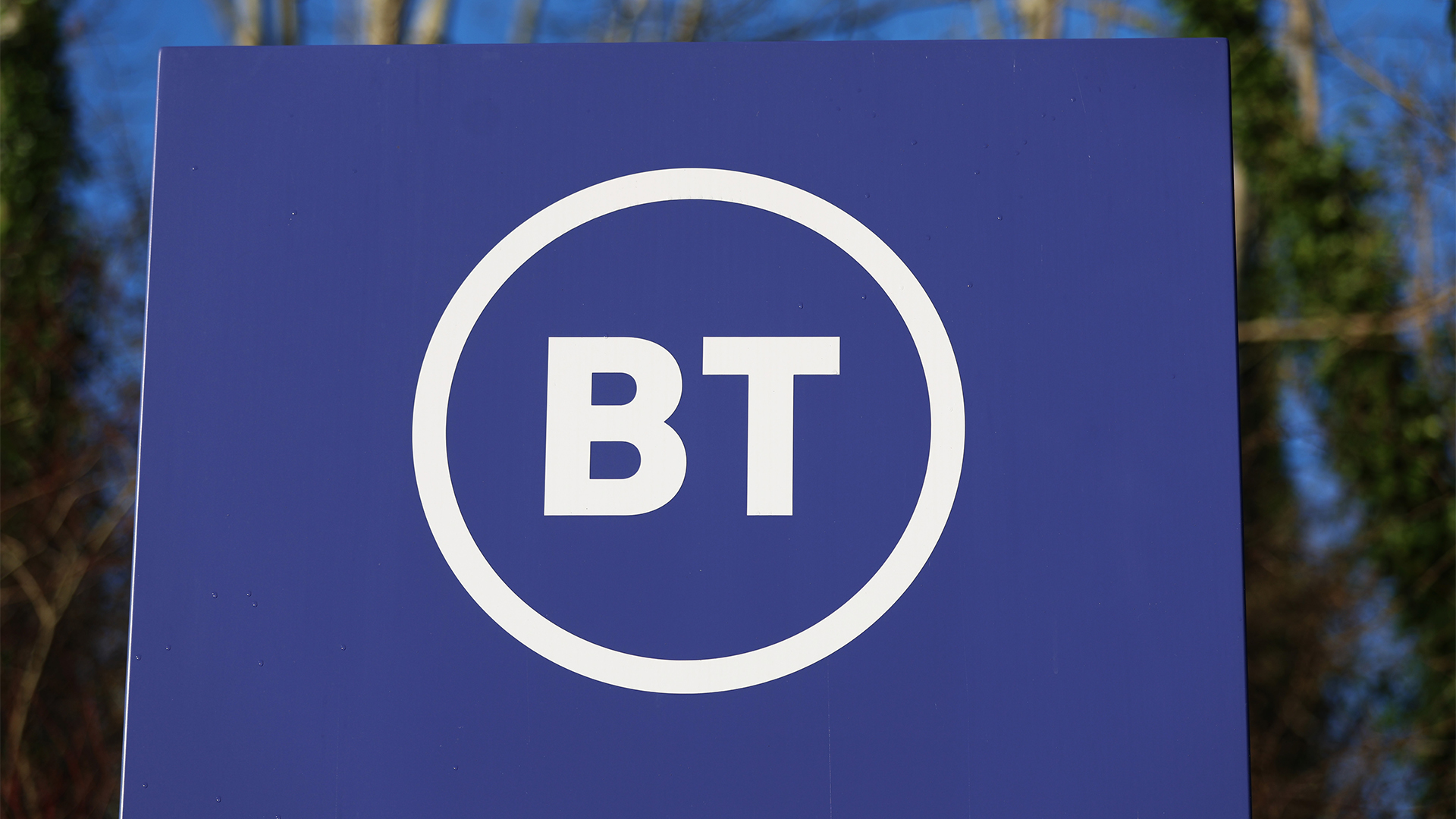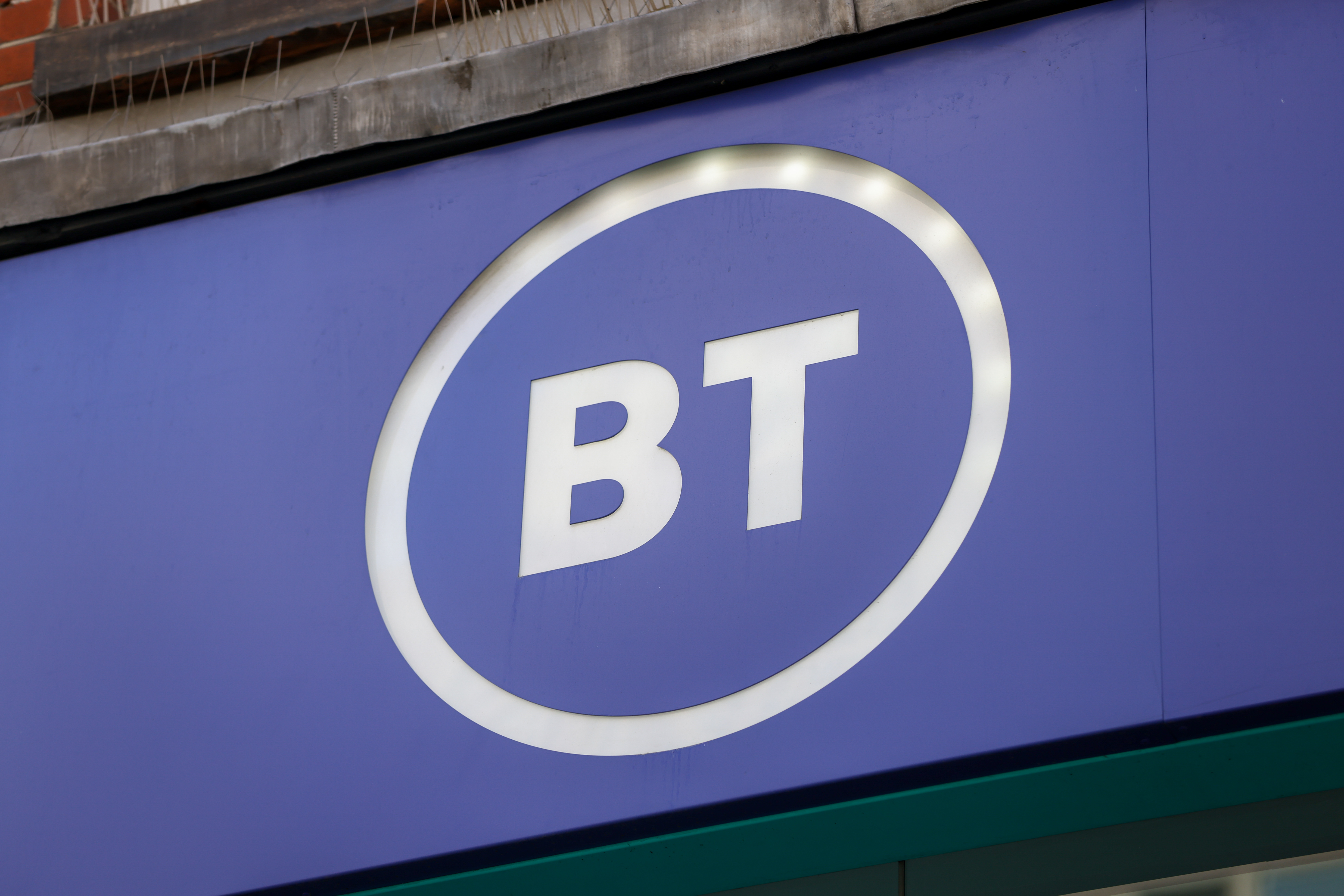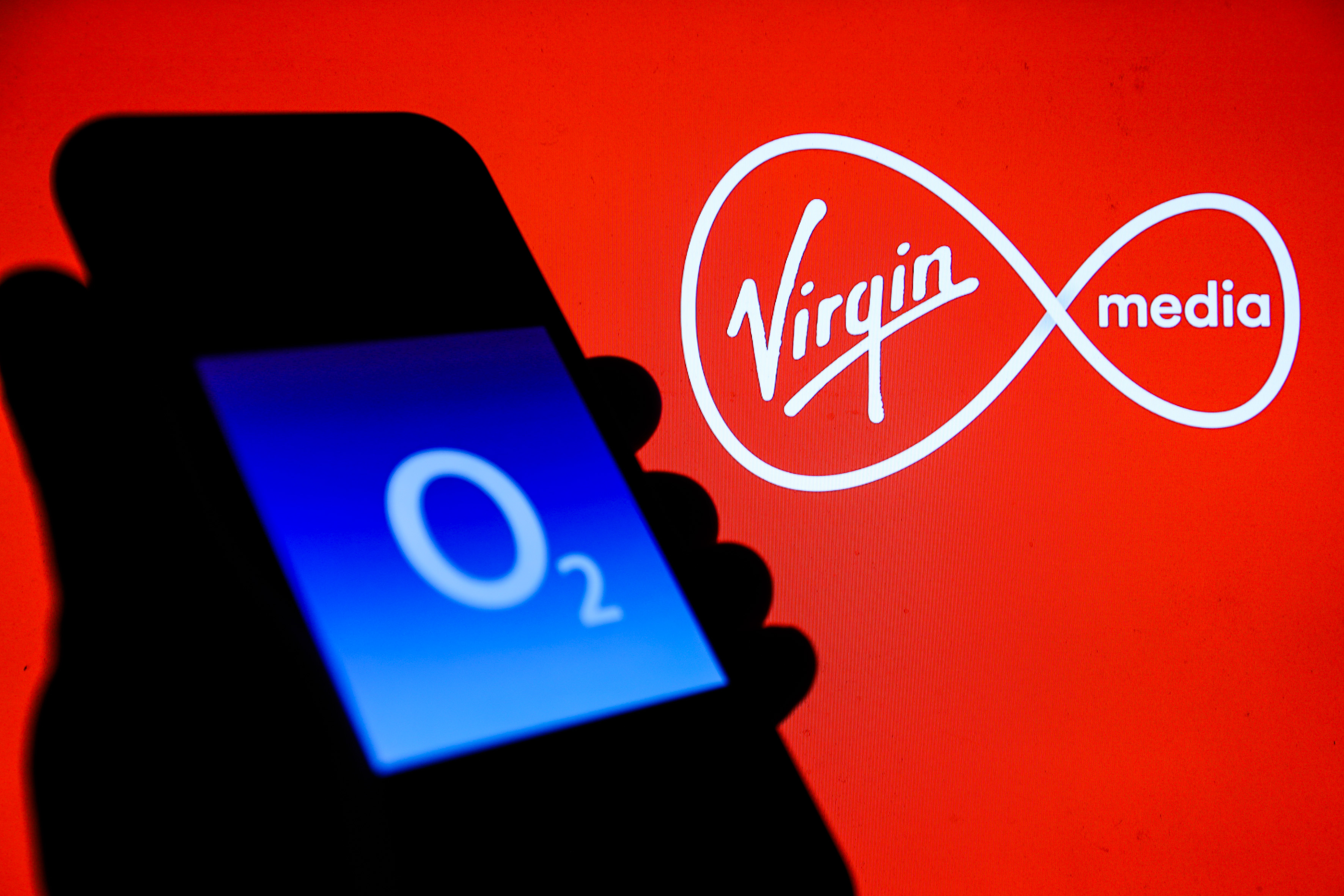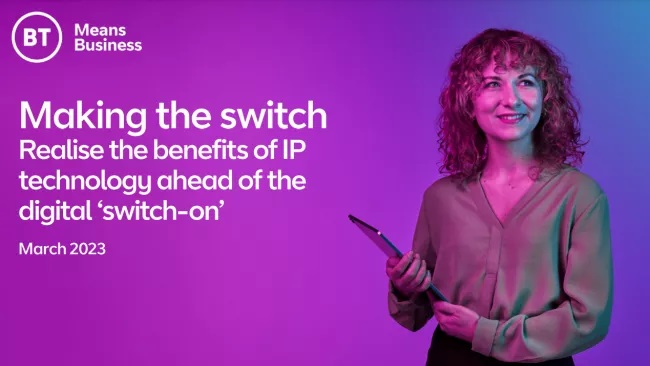The great fibre debate
As ISPs squabble over infrastructure pricing and uncertainty surrounding demand, fibre broadband rollout in the UK could be in jeopardy. Tom Brewster investigates...


Fibre broadband is spreading rapidly across the UK, but all is not as rosy as it seems.
In reality, the rollout of superfast connections to the majority of the nation is in jeopardy.
Both Government and industry have made solid commitments, yet a number of potential pitfalls could make the road to fibre a rocky one.
Culture secretary Jeremy Hunt plans to make the UK the top broadband nation in Europe. Yet those plans might fall into disarray thanks to industry squabbling over infrastructure and uncertainty surrounding actual enthusiasm for fibre.
The Government believes the UK will be the best-connected nation in Europe by 2015, so deadlines are looming. If they are to be met, the great fibre debate needs to spawn genuine progress and fast.
A slow nation?
Looking at the history of fibre in the UK, it's clear this country hasn't always been the most forward-thinking nation. The case for next-generation connections was made as far back as the 1980s, during Margaret Thatcher's reign as Prime Minister.
Get the ITPro daily newsletter
Sign up today and you will receive a free copy of our Future Focus 2025 report - the leading guidance on AI, cybersecurity and other IT challenges as per 700+ senior executives
The UK isn't even close to achieving world-beating speeds. Comparatively, we're positively sluggish.
When BT proposed the case for fibre then, Thatcher snubbed the telecoms giant. Amongst other concerns, she cited anxieties over a lack of competition in the market a theme which still resonates today.
Over the following decades, South Korea, Japan and European nations like Sweden rolled out their own fibre networks, whilst the UK floundered. It has only been in the past two to three years that this nation has truly got a grip on fibre.
Right now, however, the UK isn't even close to achieving world-beating speeds. Comparatively, we're positively sluggish.
Just one British city, Bradford, appeared in Akamai's top 100 broadband speed rankings earlier this year, creeping in at 99, whilst South Korea and Japan dominated.
Gaining momentum
Rollouts are now progressing at breakneck speeds, however. BT and Virgin are the two major players here.
BT has staked its claim on the fibre landscape with a massive 2.5 billion investment on infrastructure to cover two-thirds of the UK by 2015.
Last month, BT said it was bringing connections to an extra 80,000 additional premises every week, in one of the fastest rollouts in the world. It also has plans to almost double the speed of its fibre-to-the-cabinet (FTTC) based service in 2012.
Virgin is investing in a fibre optic network it hopes will pass close to 85 per cent of all UK businesses. The company has started offering 100Mbps services over its fibre network which spans 186,000 km.
These "ultrafast" connections can now be accessed by over 100 towns across the UK. Virgin's also been trying out some 200Mbps services, posing itself as the Speedy Gonzales of the nation's ISPs, quite literally.
As for the so-called "final third" those remote parts of the UK which haven't been guaranteed fibre access some headway is being made.
Fujitsu is planning a fibre-to-the-home (FTTH) network to provide for a further five million rural homes, in a project which has already attracted Virgin Media and TalkTalk.
The Government is firmly on board too, allocating 830 million from its BDUK fund to help bring services to remote areas. The Coalition plans to have 90 per cent of all homes and businesses connected to speeds of at least 25Mbps by 2015, whether via fibre or not.
All of the above might lead you to believe the UK is set to become a true world leader in broadband. Sadly, you would be mistaken.
Tom Brewster is currently an associate editor at Forbes and an award-winning journalist who covers cyber security, surveillance, and privacy. Starting his career at ITPro as a staff writer and working up to a senior staff writer role, Tom has been covering the tech industry for more than ten years and is considered one of the leading journalists in his specialism.
He is a proud alum of the University of Sheffield where he secured an undergraduate degree in English Literature before undertaking a certification from General Assembly in web development.
-
 Cleo attack victim list grows as Hertz confirms customer data stolen
Cleo attack victim list grows as Hertz confirms customer data stolenNews Hertz has confirmed it suffered a data breach as a result of the Cleo zero-day vulnerability in late 2024, with the car rental giant warning that customer data was stolen.
By Ross Kelly
-
 Lateral moves in tech: Why leaders should support employee mobility
Lateral moves in tech: Why leaders should support employee mobilityIn-depth Encouraging staff to switch roles can have long-term benefits for skills in the tech sector
By Keri Allan
-
 Equinix acquires BT's Irish data centers in €59 million deal
Equinix acquires BT's Irish data centers in €59 million dealNews As BT moves to an asset-light business model, Equinix looks to expand
By Emma Woollacott
-
 BT just extended the PSTN switch-off deadline — here’s what you need to know
BT just extended the PSTN switch-off deadline — here’s what you need to knowNews BT described the move as a “revision”, citing a series of improvements to the wider PSTN switch-off programme
By George Fitzmaurice
-
 BT misses key Huawei kit removal deadline, but the telco is “almost over the line”
BT misses key Huawei kit removal deadline, but the telco is “almost over the line”News BT is still reliant on non-compliant Huawei equipment for 2G and 3G services
By Ross Kelly
-
 Ofcom net neutrality update dismisses calls for big tech contributions
Ofcom net neutrality update dismisses calls for big tech contributionsNews Ofcom’s net neutrality stance has been criticized by some industry stakeholders
By Emma Woollacott
-
 BT partners with HPE to deliver new global managed LAN service
BT partners with HPE to deliver new global managed LAN serviceNews The latest collaboration combines BT’s connectivity expertise with HPE Aruba Networking’s latest LAN solutions
By Daniel Todd
-
 How Virgin Media O2 saved “millions” by enhancing data center efficiency
How Virgin Media O2 saved “millions” by enhancing data center efficiencyCase Study Reducing data center power consumption forms part of a broader sustainability drive at the telecoms giant
By Ross Kelly
-
 Making the switch
Making the switchWhitepaper Realise the benefits of IP technology ahead of the digital ‘switch-on’
By ITPro
-
 Medium businesses: Fuelling the UK’s economic engine
Medium businesses: Fuelling the UK’s economic engineWhitepaper A Connected Thinking report
By ITPro